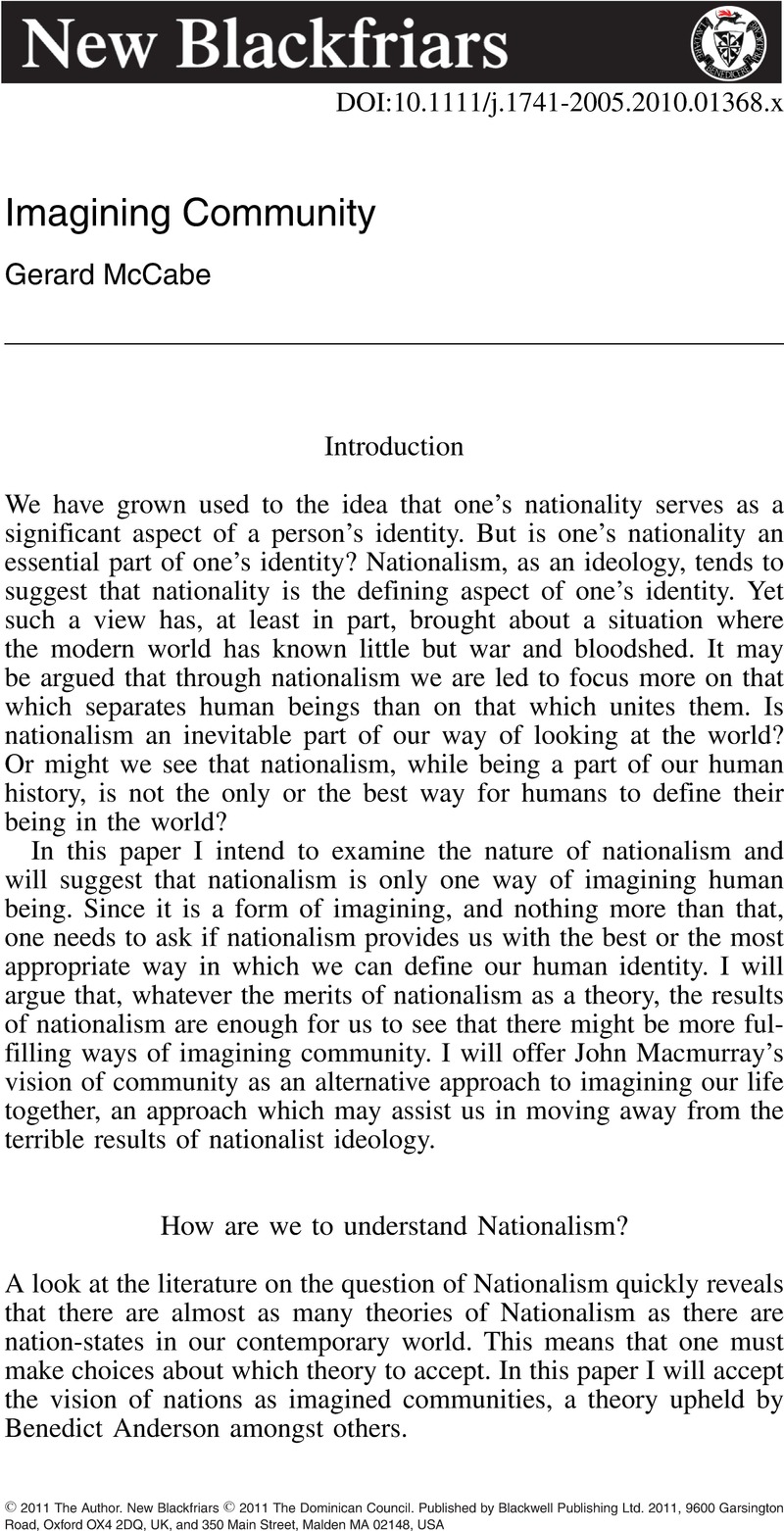Crossref Citations
This article has been cited by the following publications. This list is generated based on data provided by Crossref.
Lin, Zhongxuan
2017.
Re-imagined communities in Macau in cyberspace: resist, reclaim and restructure.
Chinese Journal of Communication,
Vol. 10,
Issue. 3,
p.
229.



